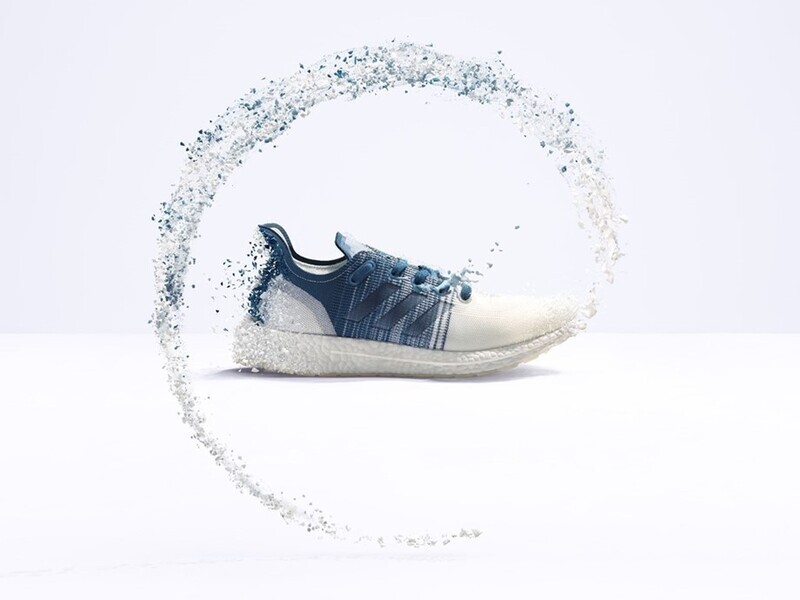
5 Steps to Build an Effective CSR Strategy
In today’s business landscape, Corporate Social Responsibility (CSR) has evolved from being a “nice-to-have” to ...

Adidas is moving ahead for phase 2 of producing fully recycled products after launching the first stage of the FUTURECRAFT.LOOP in April 2019.
This falls within the framework of the company’s efforts to serve the Sustainable Development Goals and reduce plastic waste which kills up to 1 million sea birds, 100,000 sea mammals, marine turtles and countless fish each year. Plastic remains in the ecosystem for years, harming thousands of sea creatures every day.
A product made to be remade. That is the journey adidas is going through. Adidas has taken the first FUTURECRAFT.LOOP shoes back and recycled them to create components for an entirely new shoe. It feels like a major landmark on the company’s journey to a circular product.
When first FUTURECRAFT.LOOP was launched in April, the company distributed 200 pairs of FUTURECRAFT.LOOP to adidas creators; athletes, musicians, artists and select media partners in London, Paris, New York, LA, Shanghai and Tokyo, plus selected adidas employees through an internal wear program.
The reality was that some people didn’t give them back or were slow to – which was a huge learning for us and initially slowed us down. Every piece of material counts and there’s a certain amount of material that gets fed through the machine when it is first powered up.
The company collected the shoes, recycled them, kept them in its supply chain and ultimately remade the recycled material into new running shoe components. The material is melted and developed into new pellets, which are heated to form new components including the eyelets and outsole. Virgin TPU material is used to create the remaining components of the midsole and upper. The remade and new materials are fused together to create Generation 2; a running shoe in a blue colorway, that remains one material and is still 100% recyclable for the next generation.
Adidas Infinite Play is a step in this direction – launched in the UK, it’s a new service that lets consumers trade old adidas gear in, so it doesn’t end being thrown away.
On the World Ocean Day on June 8, 2019, adidas launched “Run For The Oceans” with the increased goal this year of raising $1.5 million to continue to invest in the education of future generations on the issue of marine plastic pollution.
In 2018, adidas created a global movement with Run For The Oceans, uniting nearly one million runners from around the world and raising $1 million for long-term partner Parley for the Oceans. To date, the money raised has helped directly educate and empower 100,000 youth and their families who are living in coastal areas affected by plastic pollution to take action as part of the Parley Ocean School Program. The partnership saw five million pairs of shoes created using recycled ocean plastic in 2018 alone.
Adidas is upping the pace of change. The introduction of the 2019 Parley range will see the company produce a landmark 11 million pairs of shoes using upcycled marine plastic waste.
This shows how far adidas is committed to playing its social role and contributing to accelerating the Sustainable Development Goals.
اترك تعليقا